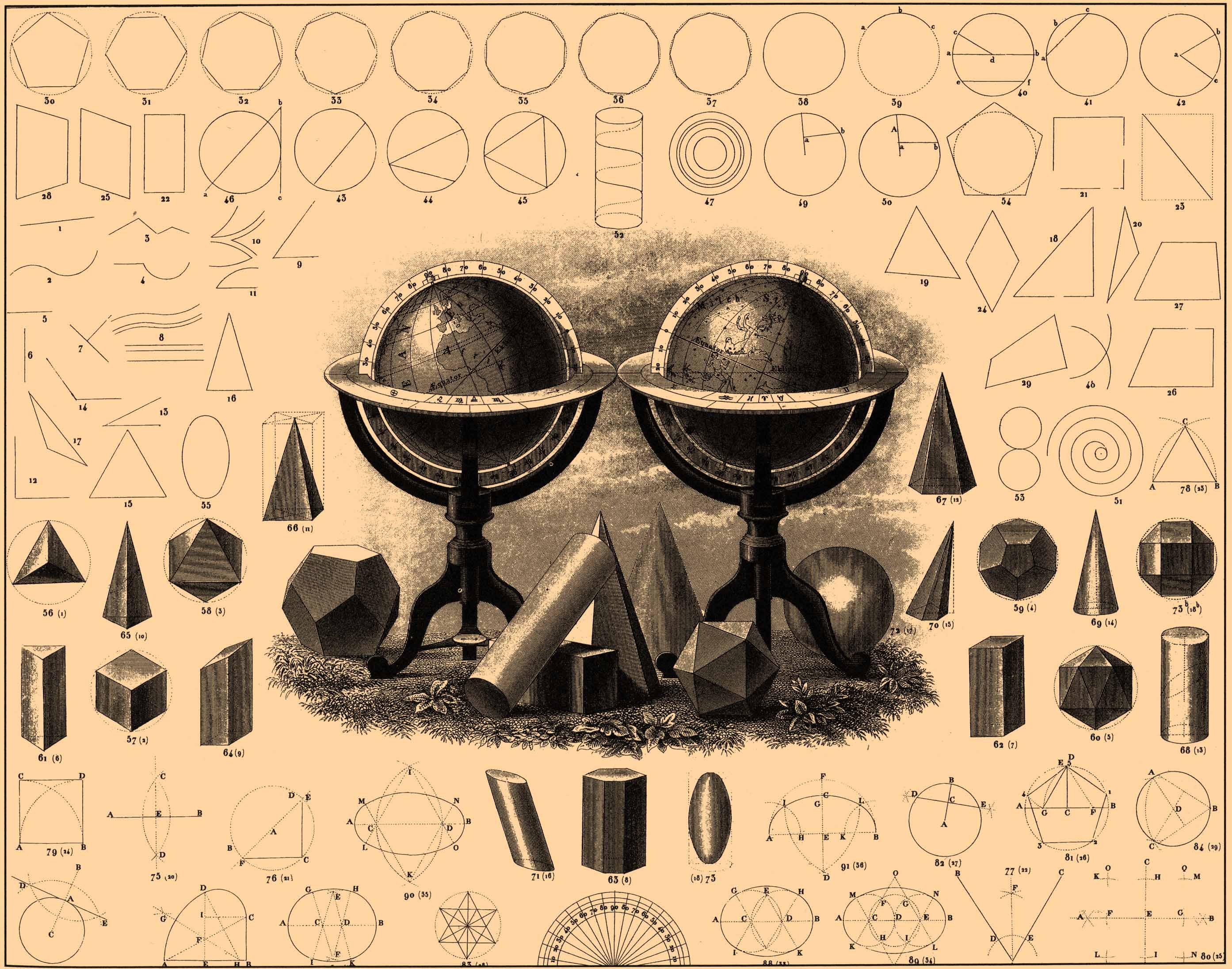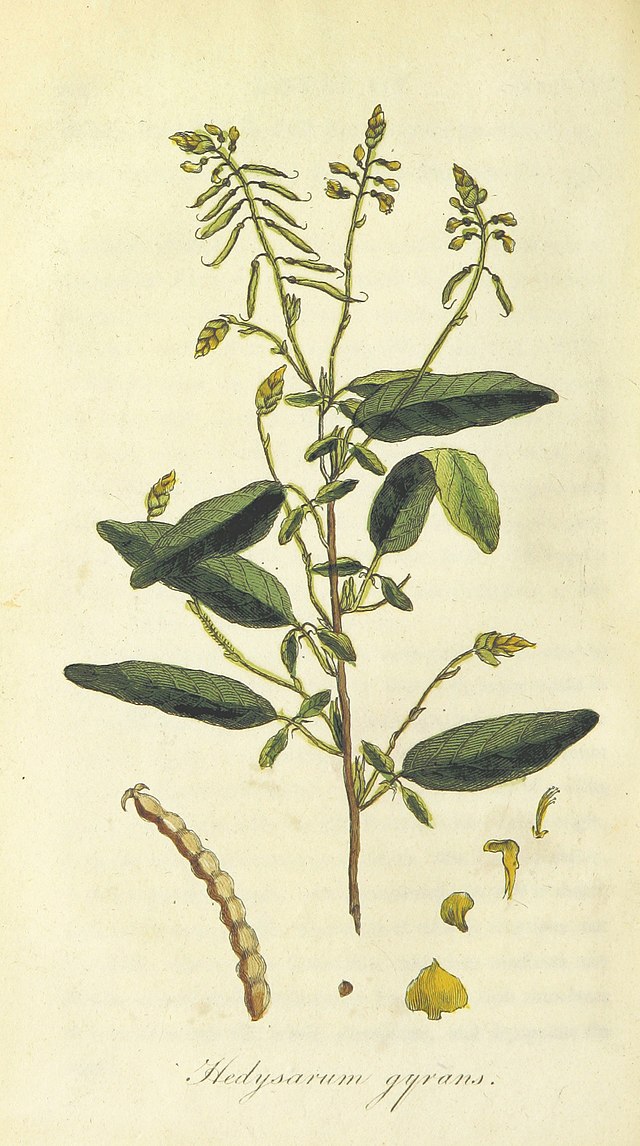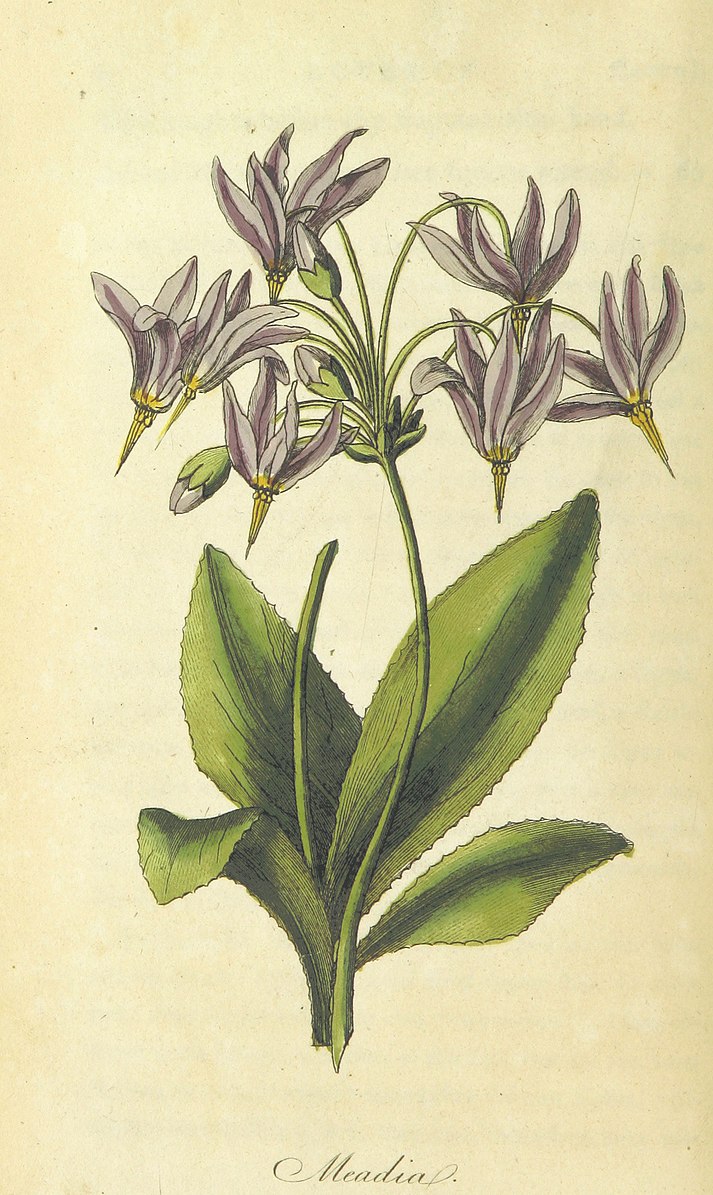sts working group
A student-led initiative at McGill to engage and connect interdisciplinary scholars across the humanities & the social, natural, & physical sciences.
The Science & Technology Studies (STS) Working Group began meeting in Spring 2021 out of a desire to bring together students in the Department of English working on STS-related research. Though based in the Department of English, our objective is connect students from across disciplines at McGill and beyond, to guide students toward new lines of inquiry, to inspire innovative research, and to facilitate space for interdisciplinary discussions of the most pressing topics in science and society today.

What is STS?
(Adapted from the Harvard Program on Science, Technology, and Society)
Science & Technology Studies (STS) as practiced in academia today merges two broad streams of scholarship. The first consists of research on the nature and practices of science and technology. Studies in this genre approach science and technology as social institutions possessing distinctive structures, commitments, practices, and discourses that vary across cultures and change over time. This line of work addresses theorhetical questions such as: is there a scientific method; what makes scientific facts credible; and how new disciplines emerge? The second stream concerns the impacts of science and technology, with particular focus on the risks, benefits and opportunities that science may pose to peace, security, community, democracy, environmental sustainability, and human values. Driving this body of research are questions like: how should states set priorities for research funding; who should participate, and how, in technological decision making; should life forms be patented; how should societies measure risks and set safety standards; and how should experts communicate the reasons for their judgments to the public?
The rise of STS as a teaching field reflects a dawning recognition that specialization in today’s research universities does not fully prepare scholars nor citizens to respond knowledgeably and reflectively to the most important challenges of the contemporary world. Increasingly, the dilemmas that confront people, whether in government, industry, politics or daily life, cut across the conventional lines of academic training and thought.


Themes of Interest
History of technology. Examining technology, including new and emerging technologies in their social and historical context. Technology can refer to methods ranging from simple stone tools to genetic engineering and information technology.
History and philosophy of science. Although with roots in ancient philosophy, contemporary history and philosophy of science follows in the mould of Thomas Kuhn’s transformative The Structure of Scientific Revolutions (1962), which attributed changes in scientific theories to changes in underlying intellectual paradigms. Today, historians and philsophers of science pose questions about scientific theories and, especially, theory change as understood in historical terms.
Science, technology, and society. Drawn from a variety of disciplines, including anthropology, history, political science, sociology, and literature, scholars in these explore the issues raised by science and technology and their impacts on cultures past and present.
Science, engineering, and public policy studies emerged in the 1970s from the same concerns that motivated the founders of the science, technology, and society movement: A sense that science and technology were developing in ways that were increasingly at odds with the public’s best interests. Modern studies that follow in this intellecutal tradition include the environmental sciences and systems engineering.
Who are we?
We are a group of students interested in new ways of engaging science and technology studies from an interdisciplinary perspective. Learn more.
Events
Pathologies of Motion: Historical Thinking in Medicine, Aesthetics, and Poetics
November 24, 2022 - 2:00 p.m. to 4:00 p.m. - via Zoom
A conversation with Professor Kevis Goodman, Professor of English at the University of California, Berkeley. Professor Goodman will be discussing her forthcoming book, Pathologies of Motion, as a way to open up larger questions of the ambiguous “and” in “science and literature” – how does one study them in a way that doesn’t just involve analogy, or shared themes? What do these questions look like when one is studying these texts at a moment when “science” and “literature” were not, in fact, different disciplines?
Summer Reading Session #2: Cephalopods, Consciousness, and Communication
Monday, July 11, 2022 - 1:00 p.m. to 3:00 p.m. - McGill University (Arts 350)
Peter Godfrey-Smith examines the origins of consciousness and two forms of highly intelligent life that have evolved separately, cephalopods and human beings, in his book Other Minds: The Octopus, the Sea, and the Deep Origins of Consciousness. Ted Chiang’s short story, “Story of Your Life,” employs the Sapir-Whorf hypothesis to explore the consequences of a linguistic exchange between humans and the octopus-esque aliens who arrive on Earth.
These two philosophically oriented works engage the notion that perception is contingent on both body and language. This session is dedicated to the rather rhizomatic integration of Godfrey-Smith and Chiang through Deleuze and Guattari’s A Thousand Plateaus: Capitalism and Schizophrenia, in which humanity’s relation to the animal world is kaleidoscopically reimagined as an infinite network of correspondences.
Literary Object: Other Minds: The Octopus, the Sea, and the Deep Origins of Consciousness by Peter Godfrey-Smith, “Story of Your Life” by Ted Chiang.
Critical Companion: Selections from A Thousand Plateaus: Capitalism and Schizophrenia by Gilles Deleuze and Félix Guattari.
Darwiniana: The Blacker-Wood Natural History Collection
Thursday, June 16, 2022 - 1:00 p.m. 2:30 p.m. - McGill Rare Books and Special Collections
To complement our discussion on human evolution in the wake of Darwinism, we will be visiting Rare Books and Special Collections to view archival materials on Darwin and his contemporaries. The materials will highlight both the advances to the theory of evolution as an paradigm shift in natural history as well as responses to Darwin in the medical texts of the mid to late-nineteenth century
The visit will feature materials from both The Blacker-Wood Collection and the Osler Library of the History of Medicine. Exhibition of materials and discussion will be lead by Dr. Mary Yearl, Head Librarian of the Osler Collections Lauren Williams, Liaison Librarian to the Blacker Wood Collections.
The Blacker Wood Natural History Collection is one of the largest and most comprehensive collections of natural history works in North America. The collection consists of rare books, manuscripts, archival material, and original artwork relating to vertebrate zoology, in particular ornithology, with significant materials in mammalogy, ichthyology, and comparative anatomy. In addition, the collection holds important works in the history and philosophy of natural history, evolution, botany, zoogeography, and the records of scientific expeditions.
The collection contains a number of first editions, including the original publication in the Proceedings of the Linnean Society of London (1858), of the talk given by Darwin and Alfred Russell Wallace, in which they first discuss their theory of natural selection.
Summer Reading Session #1: Posthuman Evolution
Monday, June 13, 2022 - 1:00 p.m. to 3:00 p.m. - McGill University (Arts 350)
Darwin’s nearly two century old theory of natural selection has, since its inception, been tenuously applied to human evolution, beset by competing theories of humanity’s origin and the perversion of evolution in the form eugenics. If Darwinism forces us to confront our own animality, this session asks what would it mean to imagine a post-human evolution , an evolutionary future where humanity is eclipsed by their descendants.
Kurt Vonnegut’s novel Galápagos (1985) imagines the post-human evolution at its extreme, laying out an apocalyptic vision of Earth ravaged by war and famine and its remaining inhabitants: the sole survivors of our species. A satirical take on “the survival of the fittest,” a phrase often misattributed to Darwin, Galápagos asks what it means for a species to evolve to the point of self-destruction.
Looking outward from the text, we will consider the role of the humanities in the cultural study of science . As Elizabeth Grosz asks: “What is the trajectory of a newly considered humanities, one that seeks to know itself not in opposition to its others, the ‘‘others’’ of the human, but in continuity with them? What would a humanities look like that does not rely on an opposition between self and other, in which the other is always in some way associated with animality or the nonhuman?”
Literary Object: Galápagos by Kurt Vonnegut
Critical Companion: “The Inhuman in the Humanities” from Becoming Undone : Darwinian Reflections on Life, Politics, and Art by Elizabeth Grosz